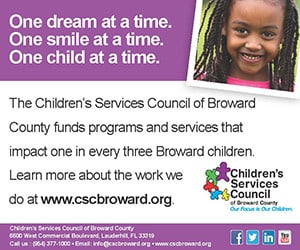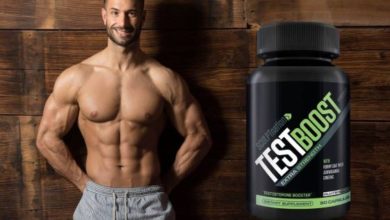Florida Department of Health in Broward wants to combat the HPV virus

By Bob LaMendola
Florida Department of Health in Broward County

“It” is the vaccine for human papillomavirus, which federal experts recommend for girls and boys starting at age 11-12 to prevent cancers caused by the sexually transmitted infection.
Unlike other immunizations, the three-dose HPV vaccine is not required for school enrollment in Florida and is not offered by some physicians. Vaccination rates are low in the nation, Broward and Florida – including among black families.
DOH-Broward is preparing a campaign to start in summer to increase the number of adolescents vaccinated against HPV, says Dr. Paula Thaqi, Director of DOH-Broward.
“We think the major issue is education,” Thaqi says. “Parents may be hesitant about the vaccine. We need to communicate that the vaccine can prevent cancers.”
Every year, HPV causes 21,000 cases of cervical cancer (1,000 in Florida) and kills 4,000 women – and also causes other genital cancers and warts.
In 2013, an estimated 50 percent of Florida girls got a first dose of HPV vaccine (seventh lowest among states) and 28 percent of boys (17th lowest), according to the Centers for Disease Control and Prevention. Only 34 percent of Florida girls and 13 percent of boys received all three needed doses. The rates in South Florida are thought to be similar.
Black children are slightly more likely to get HPV vaccine, but rates are still low, the CDC says.
Hoping to boost usage of the vaccine, DOH-Broward won a special $40,000 grant over two years from the National Association of County and City Health Officials. Grants were given to only nine organizations nationwide from states that have low HPV vaccination rates.
The grant will be used to create the new campaign, which will concentrate on informing medical providers about the vaccine and educating families about the benefits and misconceptions about the vaccine.
To better understand the community’s thoughts about HPV vaccine, DOH-Broward is asking parents to take a minute and fill out an anonymous, nine-question survey about HPV.
In addition to education, there’s a logistical hurdle to solve. The vaccine is given in three doses over six months, but many families who come for the first dose never return for the second or third dose. Creating a system to remind families about the follow up doses is also in the works.
More information: CDC at www.cdc.gov/hpv/vaccine.html
ADVERTISEMENT






